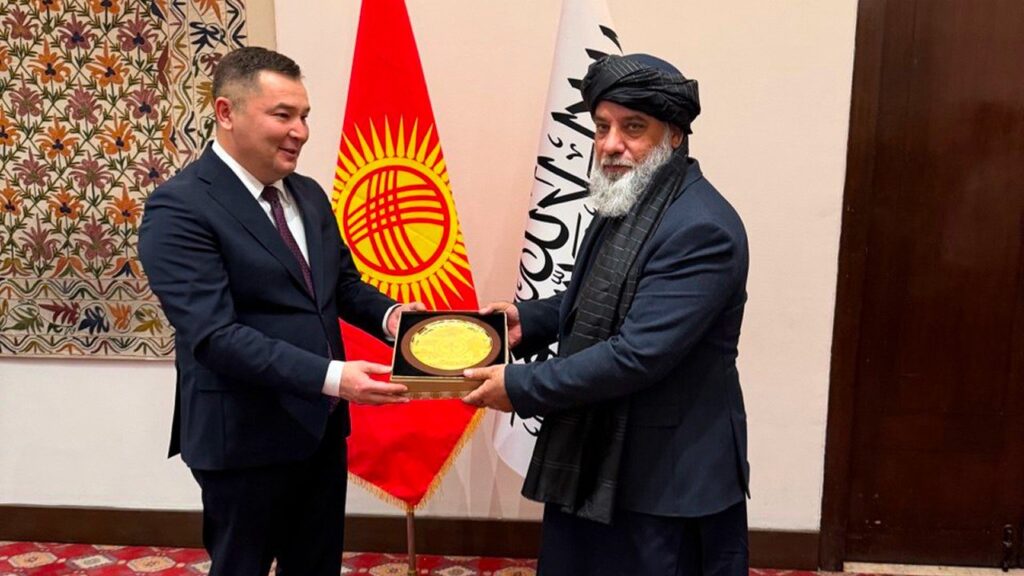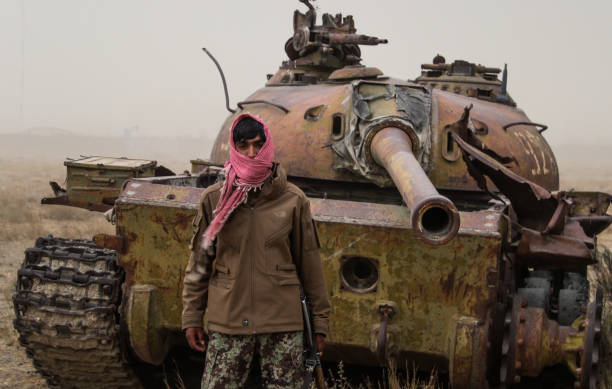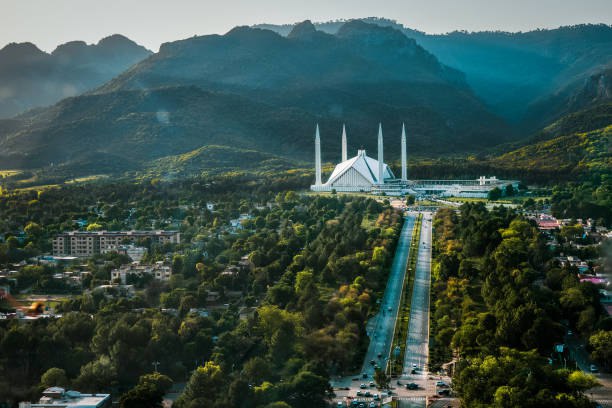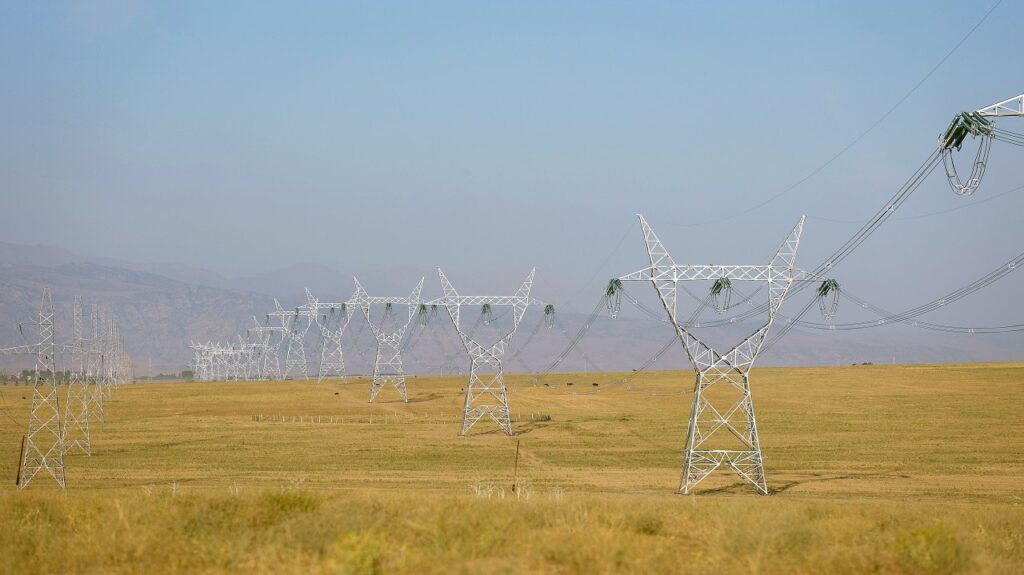BISHKEK (TCA) — As Pakistan on May 18 hosted a new round of four-nation peace talks aimed at reviving long-stalled negotiations between the Taliban and the Afghan government, we are republishing this article originally published by Stratfor:
International politics has two levels. The first is rhetoric — speeches and handshakes, photo opportunities and posturing, a whole universe of symbolic gestures that appear on the front pages of newspapers. Below this superficial level is where the real substance lies. Afghanistan exemplifies the disconnect between rhetoric and reality. On Wednesday, the Quadrilateral Coordination Group, which comprises Afghanistan, Pakistan, China and the United States, convened in Islamabad to begin the fifth round of peace talks to end the 14-year war in Afghanistan. As in the past four iterations of negotiations, the Taliban — whose presence the talks are designed to invite — have been absent. But another party is also missing: the Afghans.
At first glance, it seems odd that the Afghans would not send a delegation to talks meant to end a war in their own country. But a spokesman for Afghan President Ashraf Ghani blamed Pakistan for their abstention. Ties between the two countries have never been strong. According to the spokesman, Kabul is refusing to participate in protest of Islamabad’s halfhearted efforts to rein in the Taliban. Although there is truth to this claim — Pakistani foreign affairs adviser Sartaj Aziz has admitted that his country hosts Taliban members and their families — the explanation rings hollow. After all, Kabul has accused Islamabad of harboring and dispatching the Taliban for years.
Look past the rhetoric and another answer for Afghanistan’s nonattendance emerges. For Ghani, the top priority is catering to the needs of the electorate that will determine his political future. A faltering economy and deteriorating security situation have diminished public confidence in the president, threatening his hold on power. To shore up his support base, Ghani delivered a strident speech on April 25, lambasting Pakistan for its inaction with regard to the Taliban and promising to redouble his own efforts against the insurgency. The absence of a delegation at Wednesday’s meeting lends credence to these promises. By Ghani’s calculations, the domestic political benefits of projecting a firm stance against Pakistan outweigh the costs of not attending the peace talks.
At the same time, a recent meeting in Tajikistan belies Ghani’s political strategy. Ghani was in Dushanbe on May 12 to inaugurate CASA-1000, a 1,222-kilometer (about 760 miles) transition line. The billion-dollar project aims to ameliorate Afghanistan’s electricity shortfall; by some estimates, only 30 percent of the country is connected to an electrical grid. Pakistani Prime Minister Nawaz Sharif joined Ghani at the meeting.
Notwithstanding its fraught relationship with Afghanistan — and the invective both sides have hurled at each other — Pakistan’s own energy problem is causing the country to compromise. In addition to daily rolling blackouts, the shortage has kept a lid on the country’s 4.5 percent growth rate. Since the Soviet Union collapsed, Pakistan’s leadership has looked to the vast steppe of Central Asia, hoping to capitalize on its rich deposits of oil and natural gas. Yet any energy corridor — whether for electricity, natural gas or oil — connecting from the region to Pakistan would have to cross Afghanistan. Stability in Afghanistan is therefore in Sharif’s best interest. No amount of posturing from either side can alter that reality.
In other words, just as Ghani needs Sharif for security, Sharif needs Ghani for energy. And Ghani knows Afghanistan’s historical curse as a gray area between major powers can also be a blessing, imbuing the country with strategic significance as one of Eurasia’s most coveted energy bridges.
Nonetheless, Afghanistan’s complex and ever-changing ethnic politics could impede any plan to exploit this advantage. On Monday, tens of thousands of Hazaras, Afghanistan’s third-largest ethnic group, flooded the streets of Kabul to protest another energy endeavor. The project, called TUTAP (Turkmenistan, Uzbekistan, Tajikistan, Afghanistan and Pakistan), is a 500-kilovolt electricity corridor that promises to unite an array of electricity grids and streamline the electrification process. TUTAP was originally planned to cross through Bamiyan province, home to a large Hazara community. But Ghani’s Cabinet quietly decided to alter the corridor’s trajectory on April 30, citing $35 million and two years in savings for a new, shorter route through the Salang Pass. Though Ghani’s administration tried to appease the Hazaras, explaining that Bamiyan would still get its share of electricity, it was too late. Incensed by the perceived slight, the Hazaras are fed up with the administration, which has had trouble keeping its promises, including its pledge to end the war.
Though the antagonism between Islamabad and Kabul remains strong, Afghanistan’s absence from Wednesday’s talks is less a rebuke of Pakistan than it is a tactic to bolster political support at home. For all of their mutual mistrust, Ghani and Sharif recognize the security and energy benefits their countries can attain through cooperation. And Afghanistan knows well that its reputation as a bastion of extremism undermines its value as a strategic energy bridge. Ghani’s lofty pledges to bring prosperity to his long-embattled country are fine, but geopolitical realities matter more.









